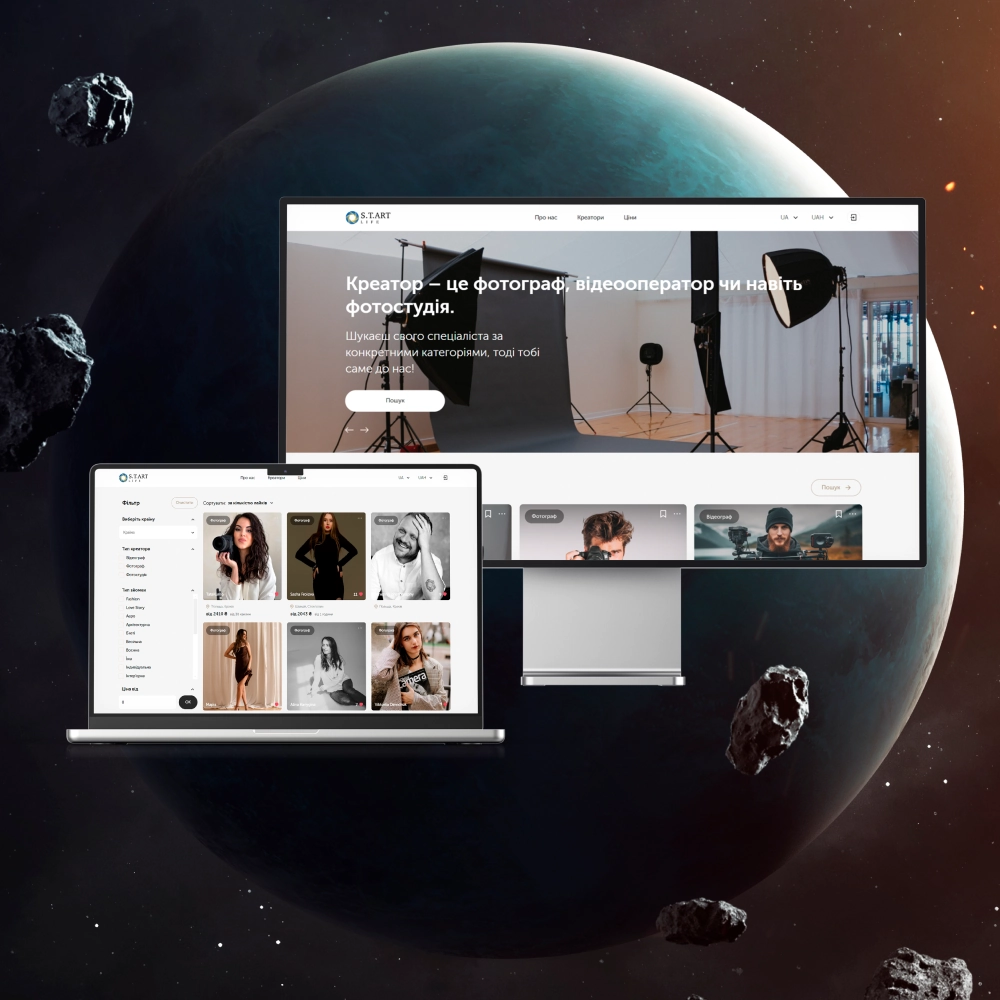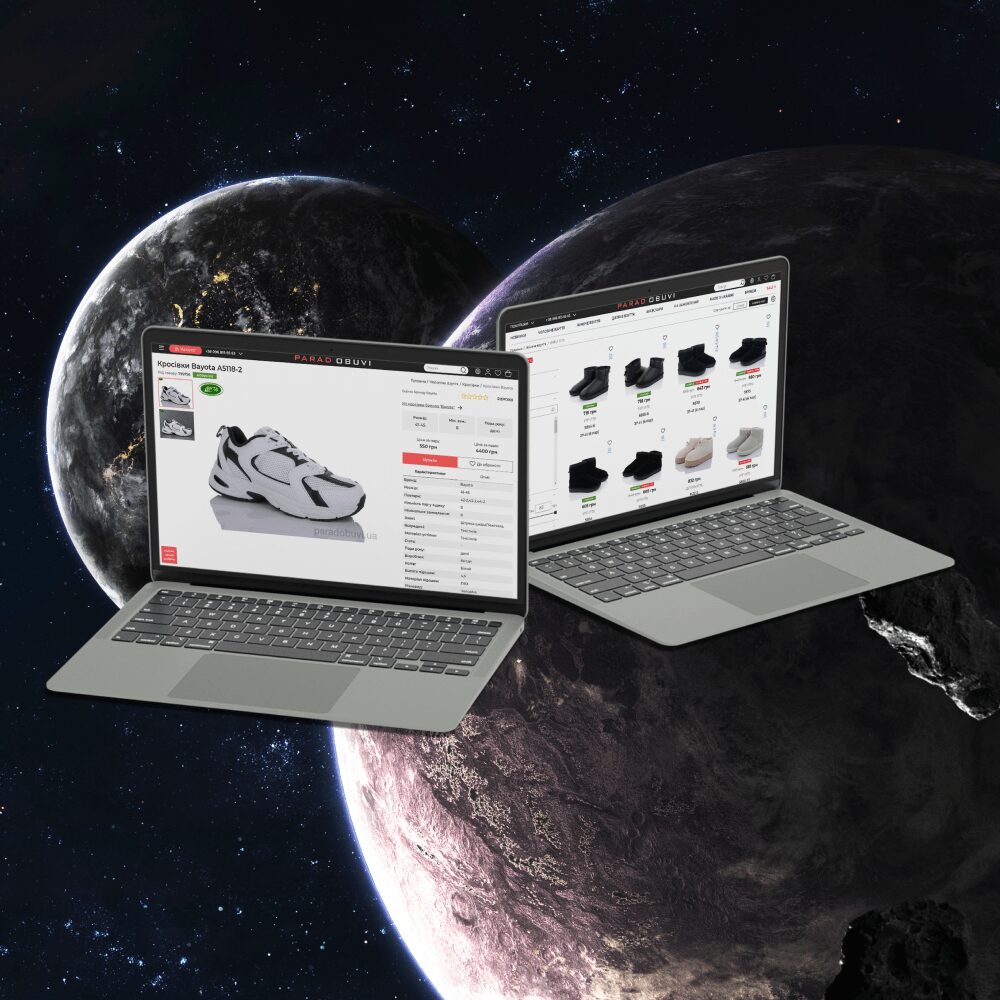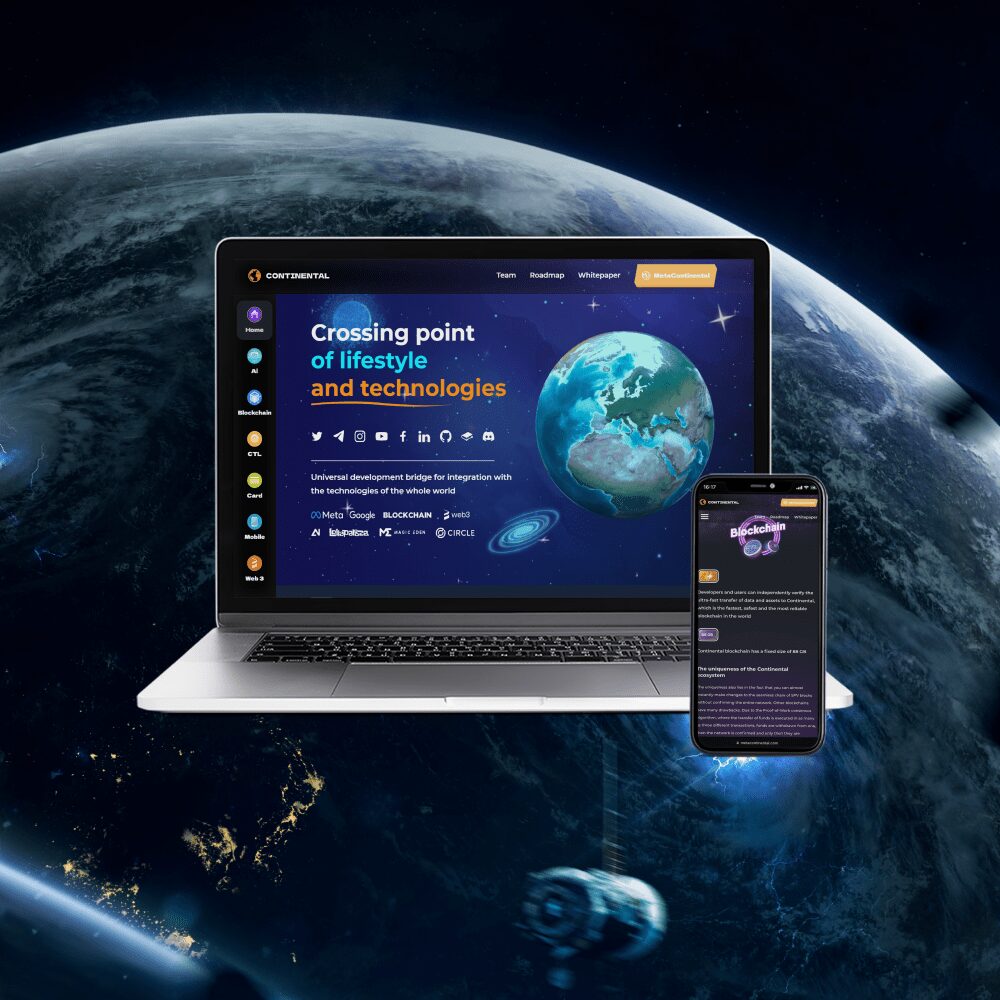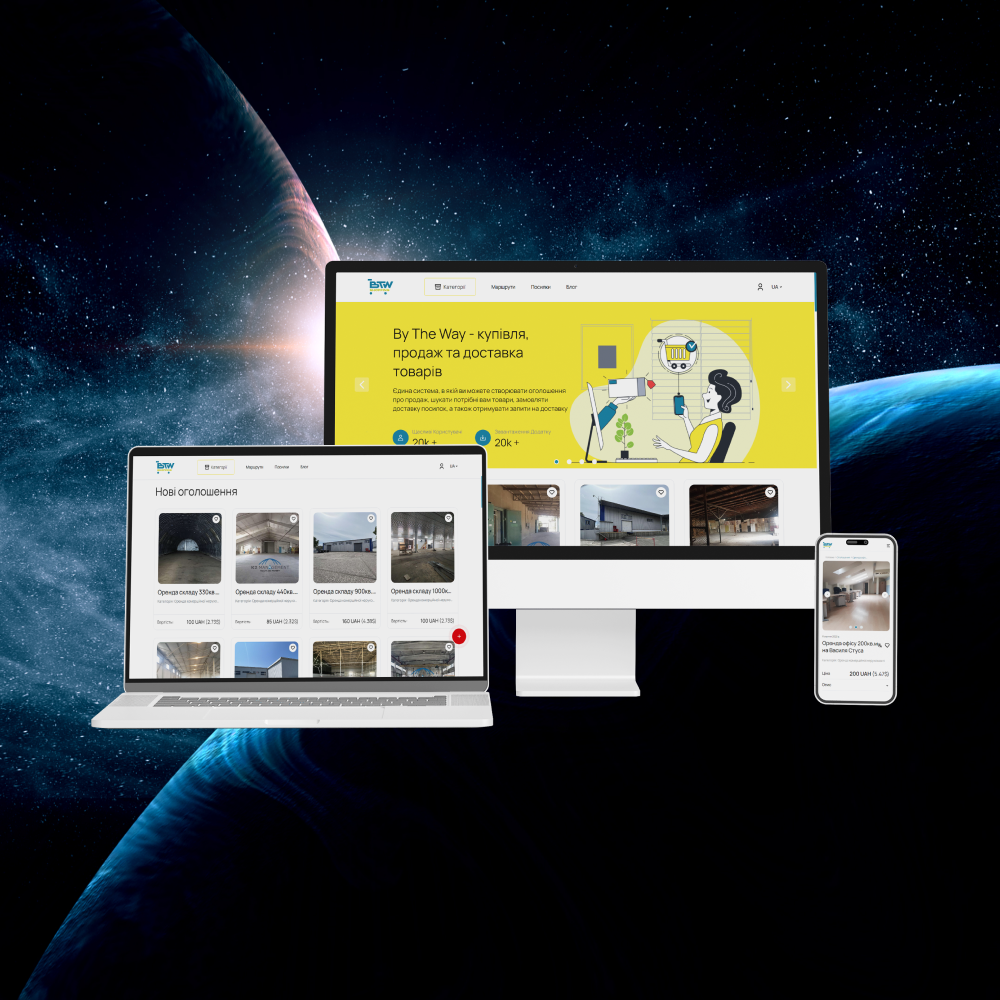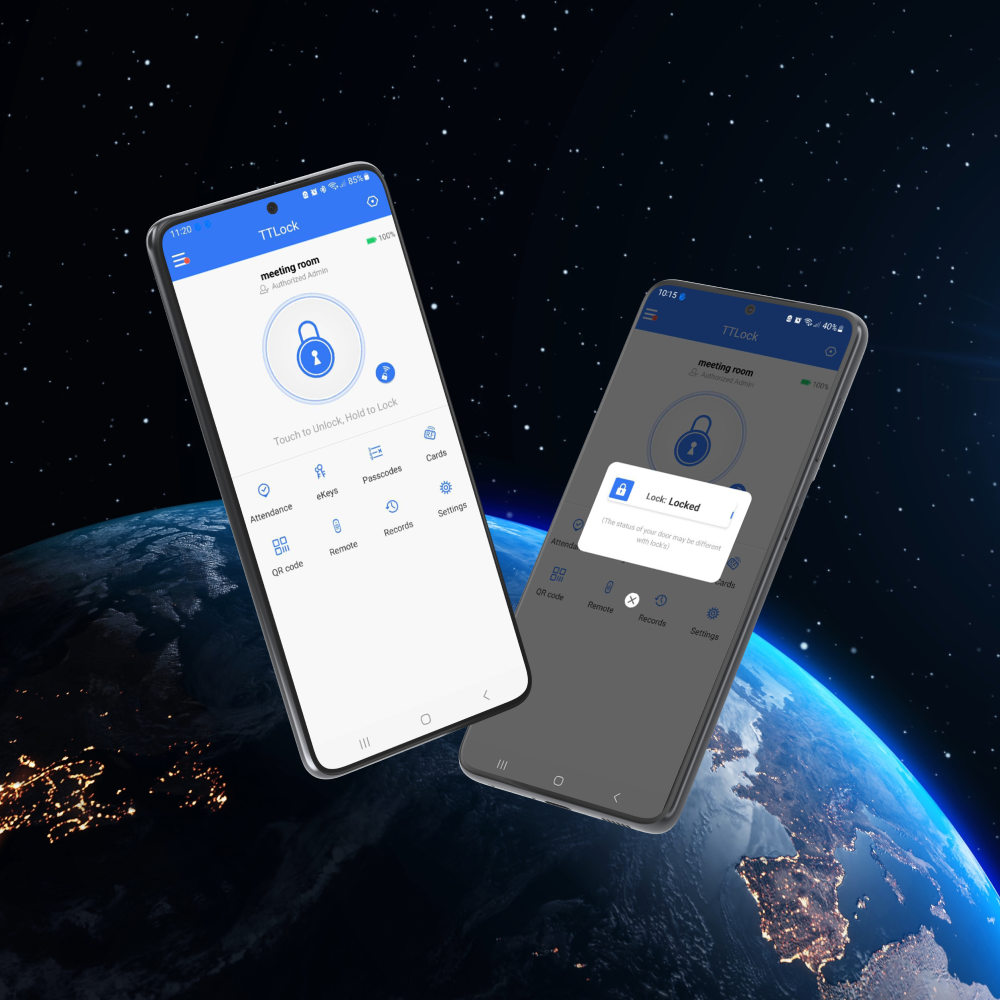Ways to monetize games
Ways to monetize games
GameDevWays to monetize games GameDev
Most games are developed for profit. This can be direct revenue from sales of copies and placement of ad integrations, or indirect revenue, such as in the case of promotional games, whose task is to generate leads that the company can use to increase sales of the main product.
In any case, how exactly the game will generate profit must be determined at the planning stage so that appropriate mechanisms are created during its implementation. In this article, we will talk about the main methods of monetization and how to choose the best strategy for your project.
One-time sale
One-time saleOne-time sale One-time sale
The classic method, which involves providing the user with the full version of the game for a one-time fee. This monetization format is most popular among console projects, such as PlayStation and XBox, as well as in PC games.
In the mobile gaming industry, paid games are not so popular, and account for no more than 10% of the entire market. This is due to the fact that gamers are not ready to pay for a product until they are convinced of its value. In addition, there is a risk of unauthorized copying.
For success in this model, demo versions are used, which give the user the opportunity to fully enjoy the gameplay even before they have to pay money.
It is important that by providing gamers with a paid product, you do not limit the profit to a one-time sale of a copy. Various additions and new levels may be provided to users at an additional cost. For example, many popular projects went this way: Nioh 2, Assassin’s Creed Valhalla and others.
Freemium
Mobile gamesFreemium Mobile games
This is the most popular way to monetize mobile games, which is used by about 80% of popular projects, including RAID: Shadow Legends, Call of Duty: Mobile and Shadow Fight 3. Its meaning is that the application and its main functions are distributed completely free of charge, but additional features become available to gamers only after paying for a subscription. For example, it can be special images of characters and equipment, in-game currency, and so on.
The main task of the publisher with this model is to attract the maximum number of players through free basic features, and only then offer them to improve the user experience with donations. At the same time, it is extremely important to strike a balance so that the game remains interesting and exciting, even for those who are not yet ready to invest.
Also, the Freemium model is often used on other platforms, for example, there is a paid pass in the console Fortnite and League of Legends distributed on PC.
In-app purchases
InnovationIn-app purchases Innovation
According to this model, games are also distributed for free, but the bulk of the profits come from in-house purchases. They can be of several types:
- Giving acceleration. For example, these can be tokens for instant farming levels, increasing the experience of characters, or faster production of resources when it comes to strategy.
- Gain. Temporarily increase the power of a hero, squad, or in-game state.
- Protection. Prevent other players from attacking.
- Social significance. Content that allows gamers to express themselves in the game.
In fact, there can be many varieties of in-game purchases, and it all depends on the gameplay of a particular project. Sometimes even real things can become a product, such as T-shirts, caps and other paraphernalia. In most cases, this model is based on small transactions that are easily accepted by the players, but from the publisher’s point of view, many small sales accumulate into quite significant amounts.
There are also mechanisms to increase in-game sales. For example, some of the paid content can be provided for free, gamers begin to understand its value and are more loyal to further purchases.
In-game advertising
MarketingIn-game advertising Marketing
This is the main monetization strategy for most casual and hyper-casual mobile projects. Its meaning is simple and clear – users see advertising banners of other companies or watch marketing videos, for which the publisher receives payment from the advertiser. In such games, the user can play completely free of charge, but at the same time he has to put up with an annoying factor.
A more attractive variation of this strategy is reward-per-view. That is, when a gamer himself agrees to view an ad insert in order to receive in-game benefits: additional coins, one more attempt to pass the level, etc.
In some projects, players have the opportunity to disable ads in order to fully enjoy the gameplay. However, this service is not provided free of charge, and is part of the publisher’s profit.
How to choose a monetization model
Model of monetizationHow to choose a monetization model Model of monetization
A game project can use not one, but several monetization strategies at once, or a combination of them, for example, in-game purchases do not interfere with the use of season passes or the display of advertisements. In most cases, the final choice depends on many factors, including the features of the game, its genre, theme, and the interests of the target audience.
To avoid mistakes, you can try using different monetization formats in test mode in order to make an informed decision based on the feedback of real users.
Where to order game development
AVADA MEDIAWhere to order game development AVADA MEDIA
The global video game market is growing every year, and by the end of 2021 it reached $126.6 billion. At the same time, gamers are a special category of consumers. In most cases, these are socially active people who follow the release of new products, test different mechanics with pleasure and share achievements in social networks. This creates excellent conditions for the promotion of new projects.
Contact AVADA MEDIA and use the experience of our specialists to implement your own profitable project. We will help you create a game of any complexity at all stages – from planning and design to publishing in app markets.
Fresh works
We create space projectsFresh works
The best confirmation of our qualifications and professionalism are the stories of the success of our clients and the differences in their business before and after working with us.
Our clients
What they say about usOur clients What they say about us
Successful projects are created only by the team
Our teamSuccessful projects
are created only by the team Our team
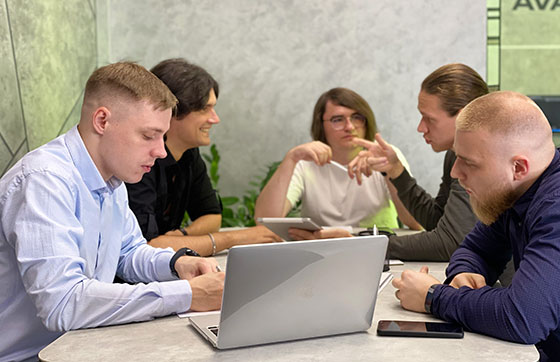

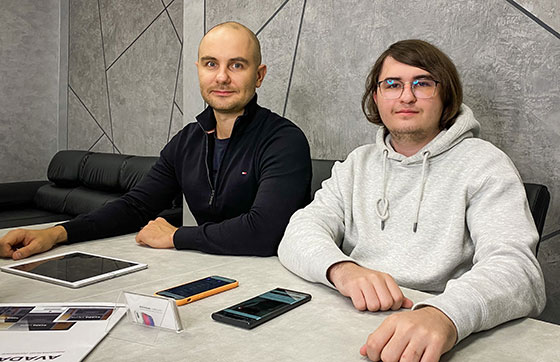
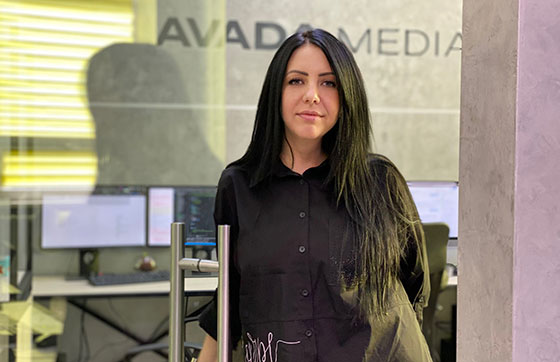
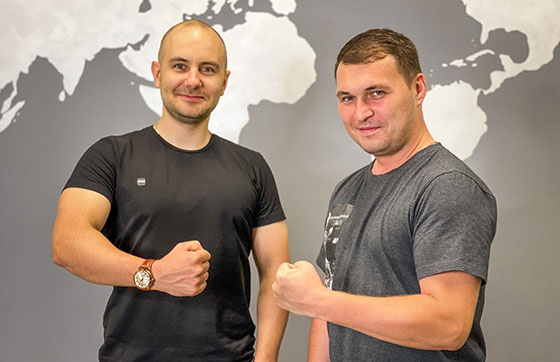
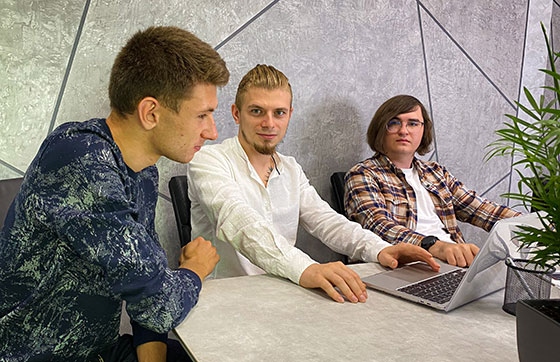
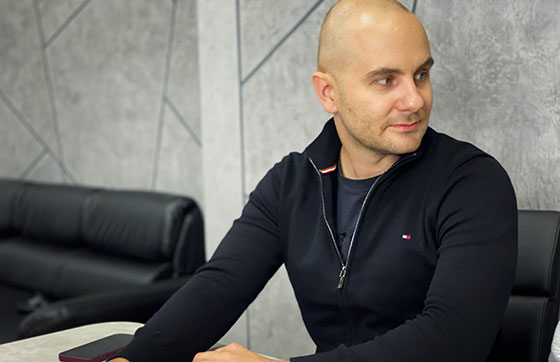

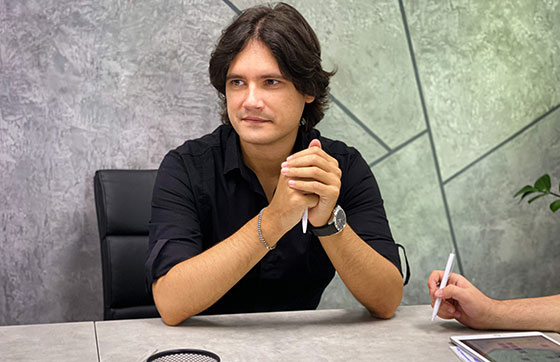



Contact the experts
Have a question?Contact the experts Have a question?
-
Phone:+ 38 (097) 036 29 32
-
E-mail:info@avada-media.com.ua
